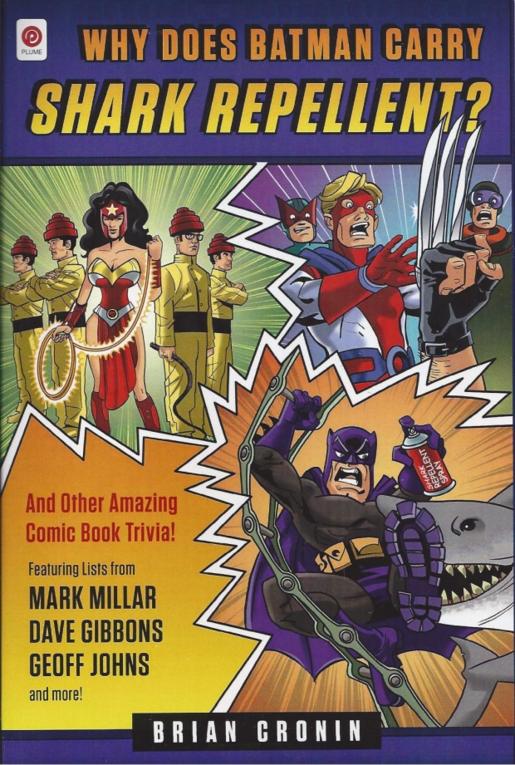Were Athletes in the Ancient Olympics Really Amateurs?
Here is the latest in a series of examinations into urban legends about the Olympics and Olympians and whether they are true or false. Click here to view an archive of the Olympic urban legends featured so far.
OLYMPIC URBAN LEGEND: Athletes during the Ancient Greek Olympic Games were amateurs.
Until the 1970s, competition in the Olympic Games were reserved for amateur athletes, which in this sense is defined strictly as “athletes who do not get paid to perform their sport.” Slowly but surely various Olympic sports relaxed their rules to allow for professionals to compete in the Olympics and today, there are few Olympic events that only allow amateurs to compete in them (boxing is a notable exception). The rules perserving the Olympics as an “amateurs only” event were quite strict during the early days of the modern Olympics. Not only could you have never received any monetary prizes for your athletic achievements, but you would be barred (in theory, at least) for working as a sports teacher or if you had ever performed against professional athletes, even if you yourself were not paid for the event.
The most famous example of this rule being enforced is Olympic legend Jim Thorpe, who had his medals from the 1912 Olympic Games revoked in 1913 because it was discovered that he had played some semi-professional baseball during the summer while in college (a fairly common practice for college athletes, although unlike Thorpe, most thought to use pseudonyms). When these rules were devised for the Olympics, it was the tradition of the Ancient Greek Olympics that were cited. Avery Brundage, longtime President of the International Olympic Committe (IOC), once wrote, “The amateur code, coming to us from antiquity, contributed to and strengthed by the noblest aspirations of great men of each generation, embraces the highest moral laws. No philosophy, no religion, preaches loftier sentiments.”
Was Brundage correct? Did the the amateur code come from the Ancient Greek Games? Or were its origins slightly less noble in nature?
Tags: Ancient Olympics, Athens, Avery Brundage, Bobby Pearce, Charles Melly, Diamond Challenge Sculls, Dr. William Penny Brookes, International Olympic Committee, Jim Thorpe, John Hulley, Liverpool Olympics, Much Wenlock Olympian Games, Pierre de Coubertin
July 29th, 2012 | Posted in Olympic Legends | No Comments





